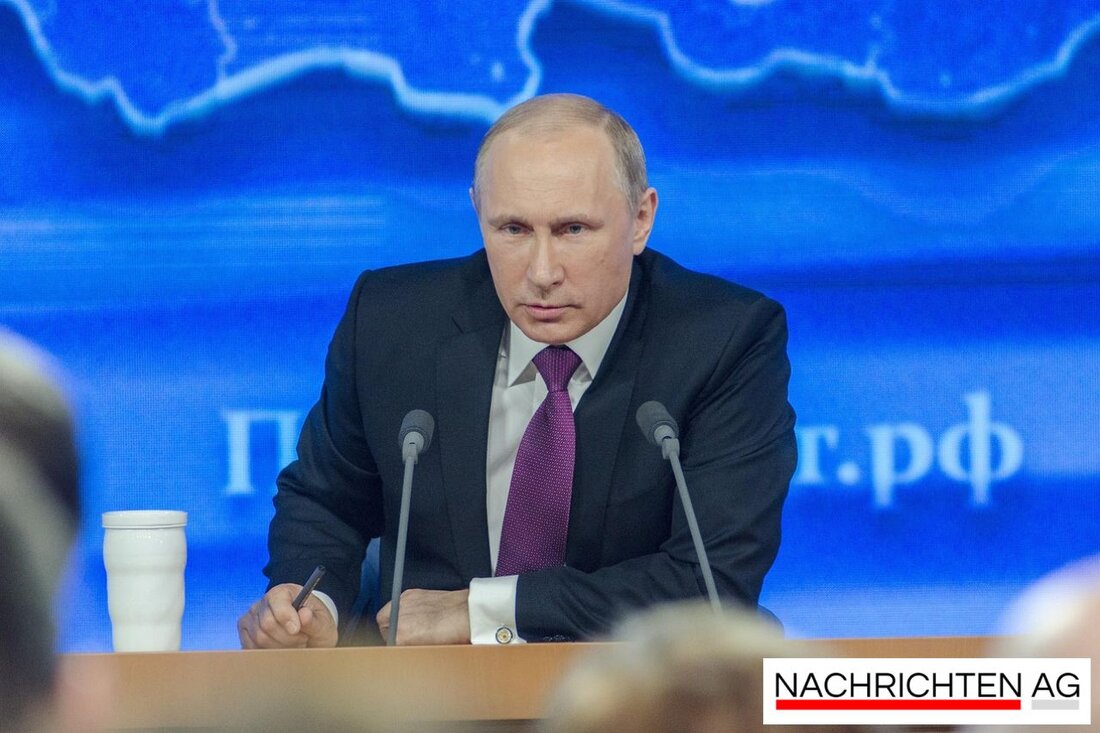Armament in Germany: 800 billion euros against Putin's shadow
Munich: Discussion event on June 20, 2025 about rearmament, the Russian threat and social inequalities.

Armament in Germany: 800 billion euros against Putin's shadow
Europe's military policy is in transition. In Germany, an armament program with a volume of 800 billion euros is being launched, on which the incoming Merz government is working together with the SPD and the Greens. The reason for this? A supposedly impending “Russian threat”. This development not only has an impact on security policy, but also on the social situation in Germany, as at the same time education, health care and social benefits are being cut in order to justify massive military spending. How Reported class against class, defense companies are already seeing rising stock prices while uncertainty grows in society, especially among workers and young people.
What is currently happening in Germany is reminiscent of dark chapters in history. The armament measures in the 1930s under Adolf Hitler entailed huge sums of money to equip the Wehrmacht to a size of 1.1 million and thus regain its position as a great power. The parallels are alarming: Back then, too, the military was greatly expanded with unsustainable debt financing and inefficient programs, ultimately leading to a catastrophic war. Also Wikipedia makes it clear that the rearmament of the Wehrmacht brought with it massive economic and social problems.
A worrying development
The Federal Association of the German Security and Defense Industry (BDSV) is now calling for massive investments from the ailing auto industry in the defense sector, which is being encouraged by the new black-red federal government's planned easing of the debt brake for defense spending. These developments could also have positive economic effects, as shown by the Institute for the World Economy (IfW) report, which predicts the possibility of an increase in gross domestic product (GDP) of up to 1.5 percent if military budgets are increased to 3.5 percent of GDP. The Taz takes a position on this and highlights the dangers that such investments could entail.
Taking on debt and investing in the arms industry are anything but unproblematic. Critics warn that much of the money could flow into administration and salaries rather than into urgently needed military equipment or research. A concern that is also shared by various economic economists. They argue that a larger share of military spending should remain in Europe in order not to burden the economy with tax increases, which in turn could inhibit growth.
What about resistance?
Protests against these developments are becoming louder. The event “Is Putin facing Berlin?” will take place in Munich, among others. will take place on June 20, 2025, which will address the questions surrounding these armament plans and the associated fears. There is resistance that is directed not only against the armament plans, but also against the repression in society, which particularly affects the poor, migrants, women and queer people. The demonstrations in various cities such as Serbia, France and Germany are already showing the strength of the opposition.
Overall, the question arises: How far can and will society support this rearmament policy if at the same time the social areas are being drastically curtailed? And what's left when the defense industry is in charge? It remains to be hoped that the resistance is strong enough to show another path.

 Suche
Suche
 Mein Konto
Mein Konto